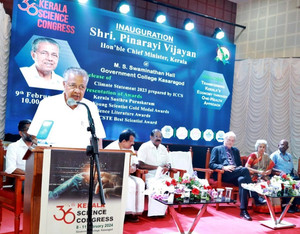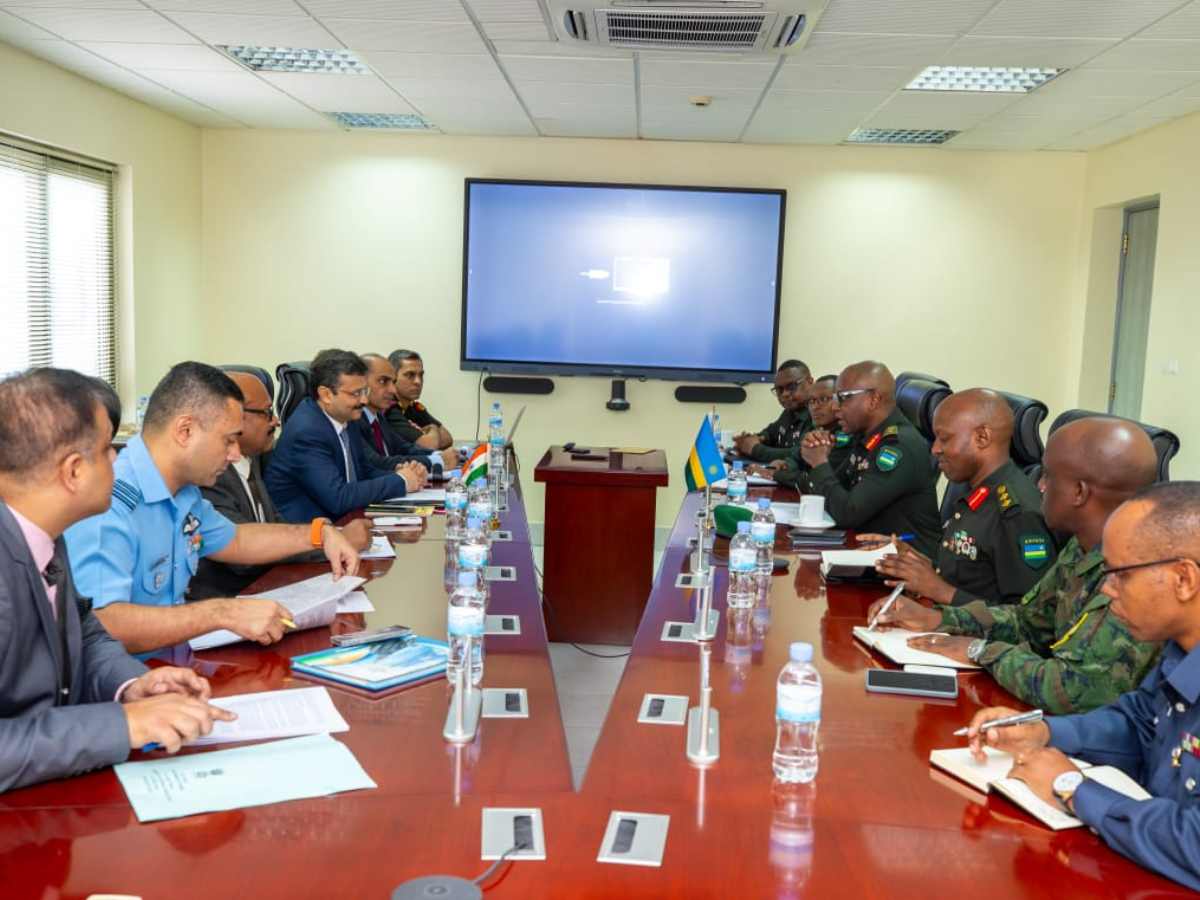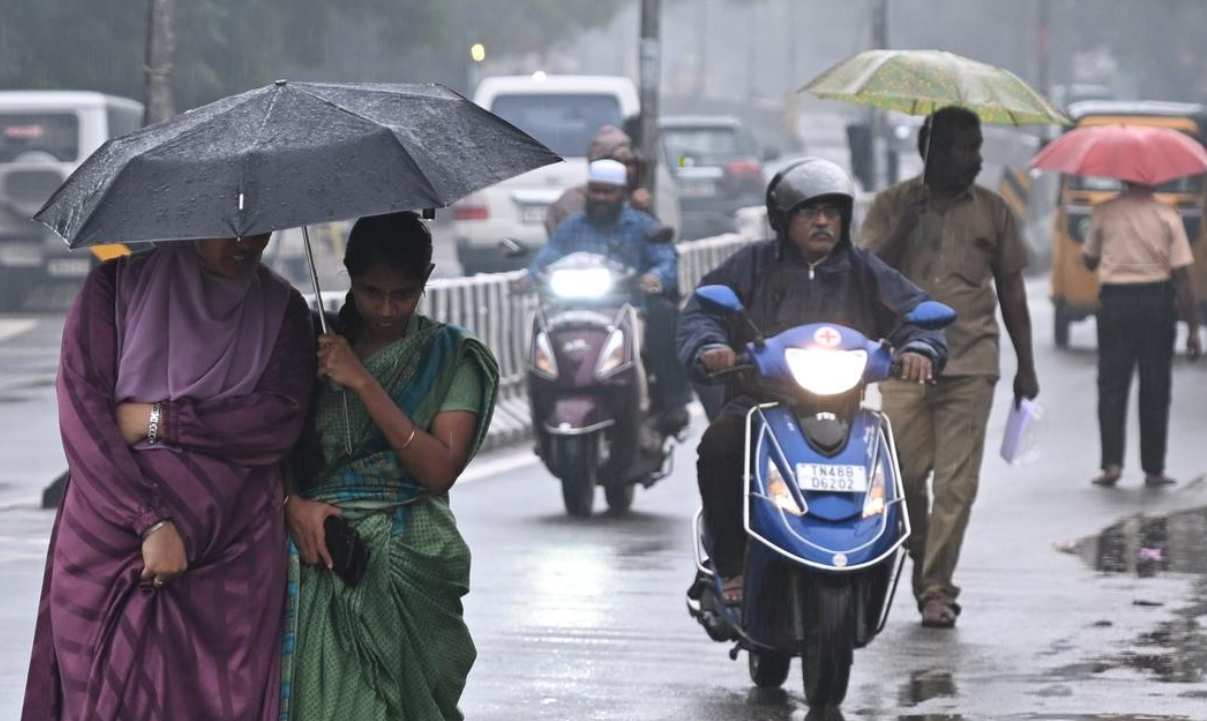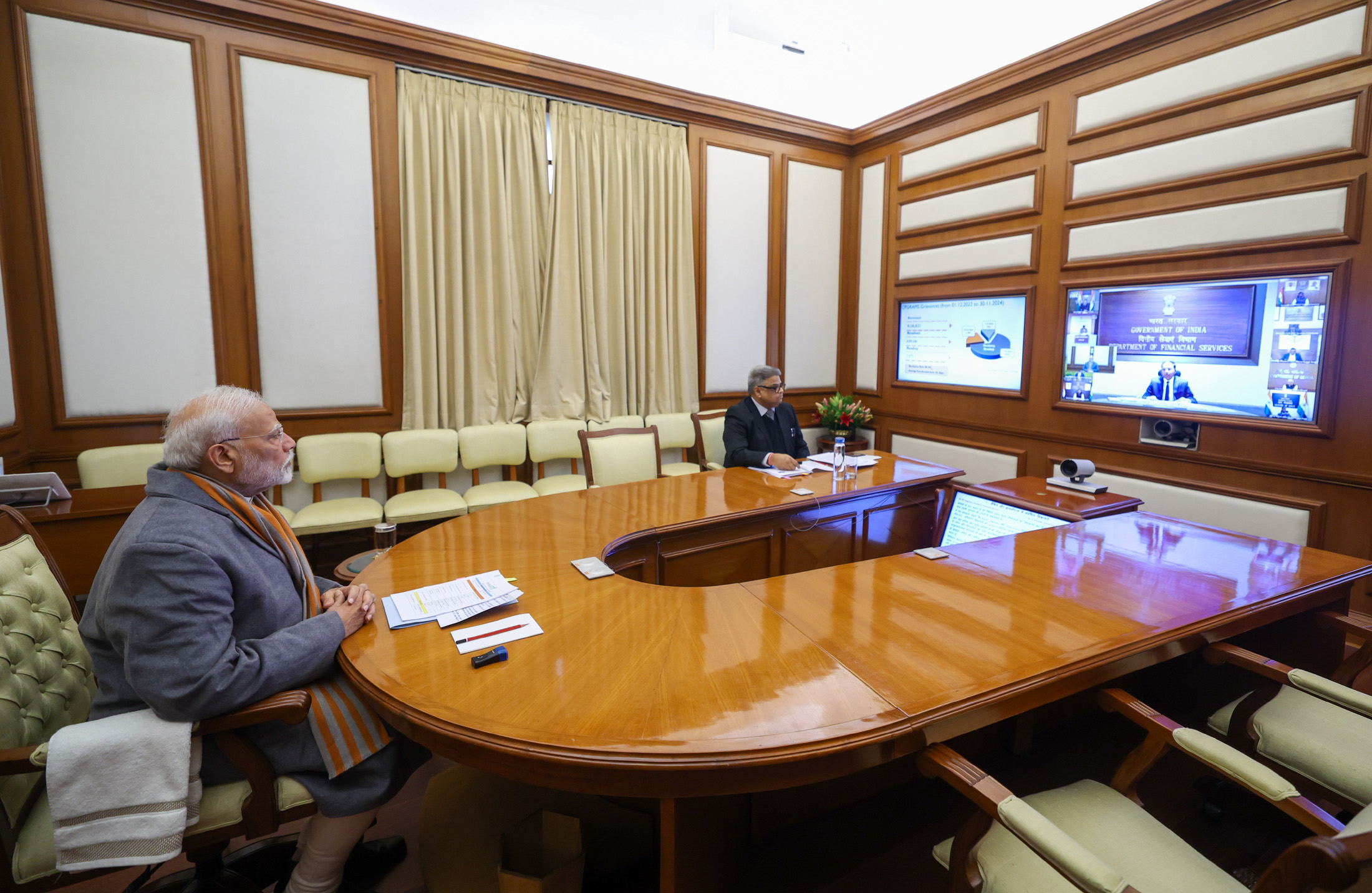The recent convening of the first-ever India-Rwanda Joint Defence Cooperation Committee (JDCC) meeting in Kigali on February 8th, 2024, marks a pivotal moment in the relationship between the two nations. Beyond a mere formality, this meeting signals a strategic convergence driven by shared interests and a burgeoning partnership with far-reaching implications.

India and Rwanda have consistently nurtured warm ties over the years, underscored by mutual respect and understanding. The JDCC meeting underscores a deliberate shift from cordiality to active collaboration, particularly in the critical domain of defence. This newfound focus on defence cooperation aligns with both nations’ aspirations for regional stability and economic development.
The meeting’s agenda encompassed a broad spectrum of potential areas for collaboration, painting a picture of a multifaceted partnership. Training cooperation stands as a cornerstone, with Rwanda recognizing the growing expertise of the Indian Armed Forces and seeking to bolster its training programs. This lays the groundwork for knowledge exchange, capacity building, and fostering shared military practices.
Beyond training, the possibility of joint military exercises holds immense promise. By conducting joint manoeuvres, both nations’ forces can hone their interoperability, develop better strategic understanding, and refine their response capabilities in a simulated operational environment. This strengthens their capabilities and sends a powerful message of solidarity and coordinated action in the region.
The meeting also highlighted the potential for India’s burgeoning defence industry to play a critical role in this partnership. Rwanda expressed keen interest in leveraging India’s defence technology and equipment advancements. This opens doors for mutually beneficial economic ties, with India potentially exporting advanced defence solutions to Rwanda while bolstering its position as a major player in the global defence market.
It’s crucial to note that this newfound partnership doesn’t emerge from a vacuum. It builds upon the solid foundation laid by the 2018 Memorandum of Understanding signed during Prime Minister Modi’s visit to Rwanda. The JDCC meeting served as a platform to identify specific areas within this framework where collaboration can yield tangible results, leveraging the strengths of both nations’ armed forces and industries.
While the official statement offers a valuable starting point, the true impact of the JDCC meeting lies in the details yet to be unveiled. Examining potential areas of collaboration with a granular lens can provide a clearer picture of what the future holds.
Delving deeper into specific training programs under consideration, the envisioned types of joint military exercises, and the precise areas of Indian defence expertise most relevant to Rwanda’s needs can offer insightful perspectives. Moreover, exploring the potential economic ripple effects of defence industry collaboration and the broader implications for regional security can paint a comprehensive picture of this burgeoning partnership’s significance.




